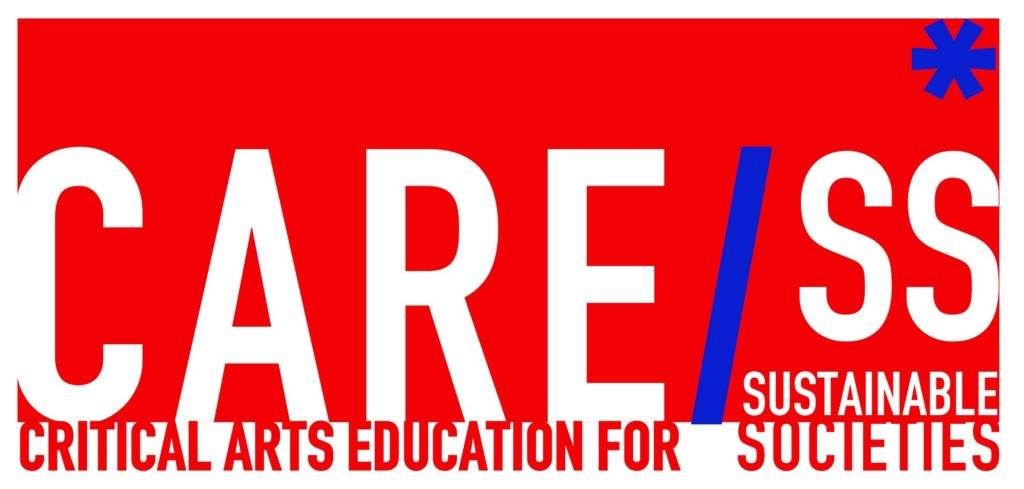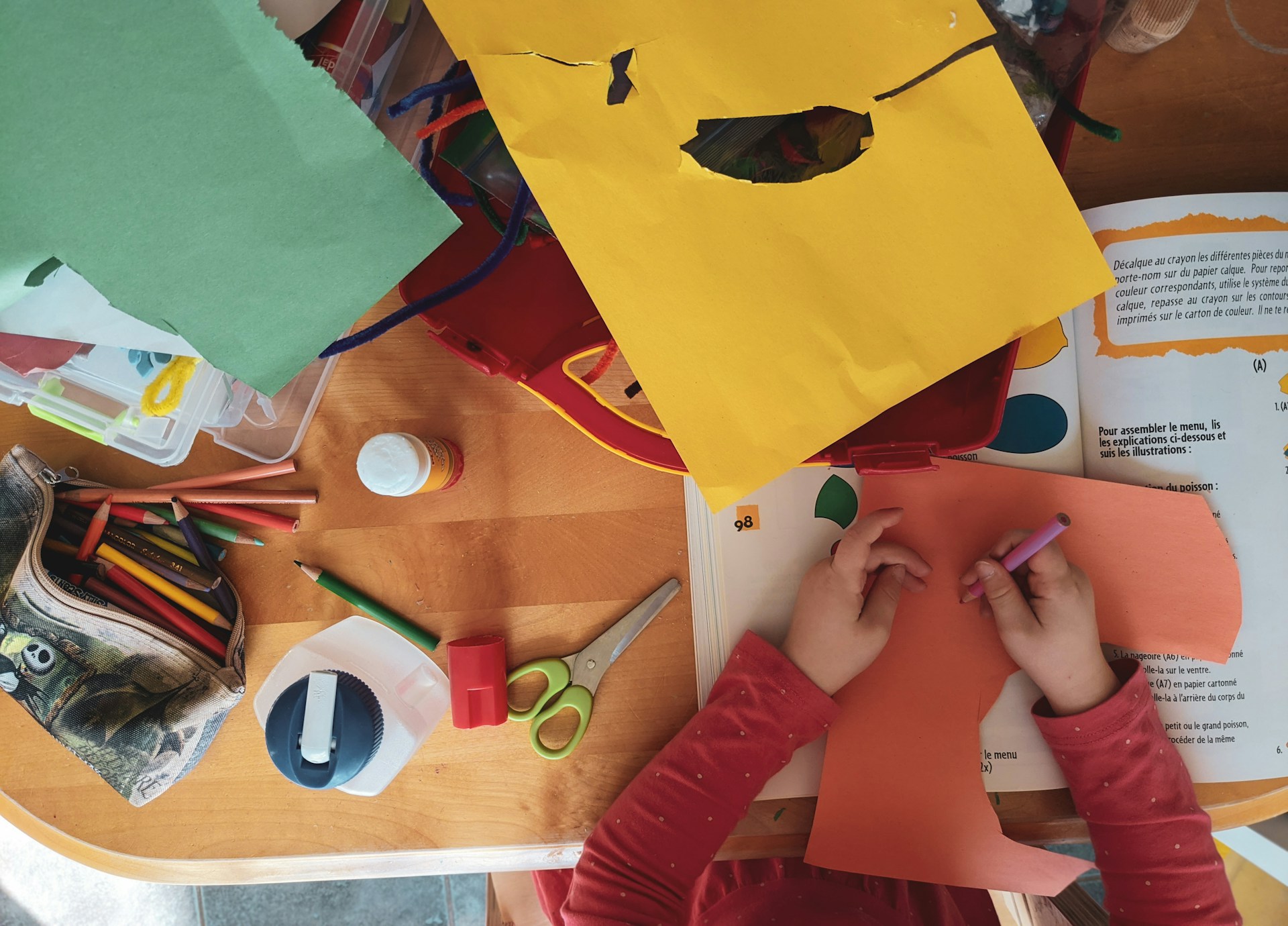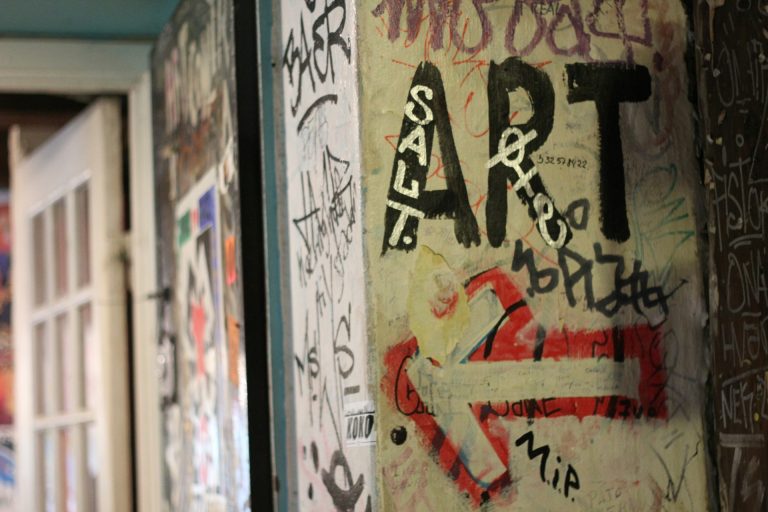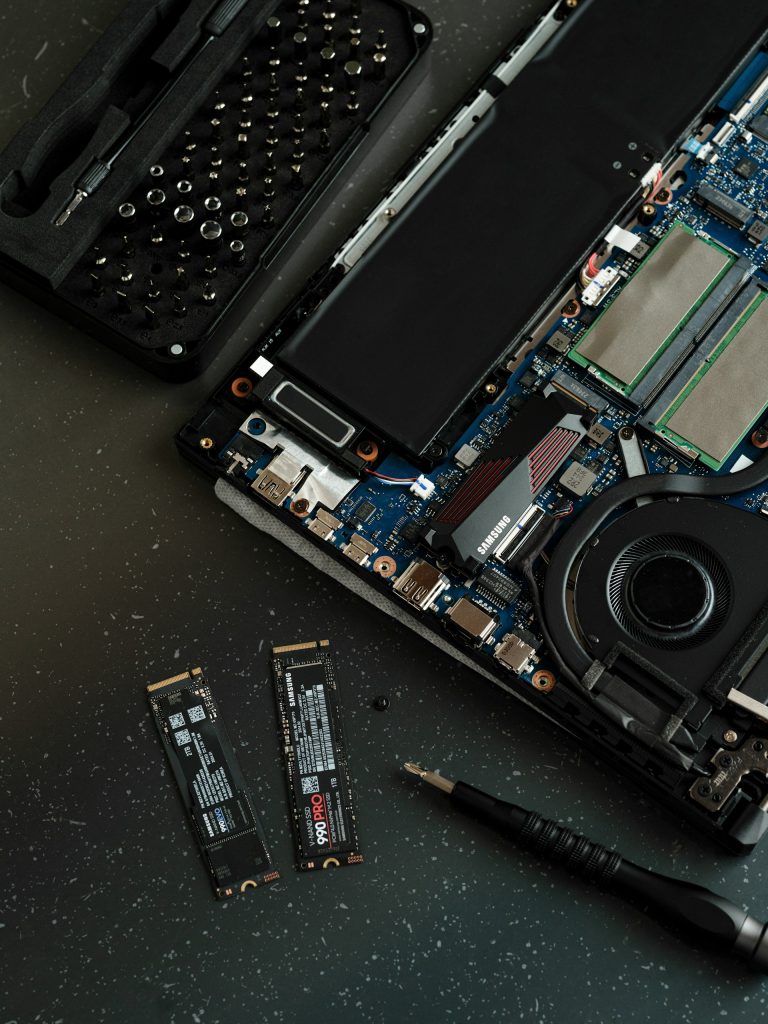Registration and attendance to the symposium will receive accreditation from the Professional Development Institute (IDP-ICE) of the University of Barcelona.
Introduction
In the early 1990s, the social turn of the arts (Bishop, 2006) meant their displacement from the gallery or museum towards an expanded field of relational practices where they would adopt, in turn, multiple labels and modalities (socially engaged art, community, contextual, relational, collaborative, etc.). With this twist, the artistic medium becomes the process itself that begins and develops in specific contexts and that seeks to generate sociocultural links or promote the exchange of situated knowledge (Helguera, 2011). In this way, the arts transcend the mere production and appreciation of artistic objects and are oriented towards the creation of new connections, forms of encounter or meanings (O’Donoghue, 2015). Artistic education also distances itself from the teaching of disciplinary techniques, opening itself to experimenting with projects of conviviality or interdependence (Garoian, 2019) that are often located outside the classroom and that use various artistic means to articulate themselves.
In this line of research, the Erasmus+ project Critical Arts Education for Sustainable Societies (CARE/SS), launched in 2021, aims to think about and establish a sustainable pedagogical framework for distance learning of the arts, whether virtual or hybrid (i.e. combining virtual and in-person sessions). Furthermore, it is based on the notion of a learning community and the recognition of the experiential nature linked to the collaborative culture of the arts field. For all these reasons, CARE/SS has organized several distance training courses with primary and secondary teachers on the main notions, strategies and problems of socially engaged arts, focusing on its critical and pedagogical dimension. The last phase of the project is intended to share reflections and experiences, many of which are linked to the social turn of the arts in school and the role that digital technologies have in these practices. Thus, this symposium wants to bring into dialogue contributions regarding the following topics in the school context connected with other environments and communities:
- Artistic practices as drivers of new relationships and meanings.
- The use of digital technologies in artistic education.
- Learning communities between teachers, artists and institutions.
Guide questions:
- What type of displacements take place in artistic practices and in school based on the social turn of the arts?
- How are the limits of the school context and its alliances with other agents and groups redefined through socially committed artistic projects?
- What new ways of teaching and practicing the arts in schools appear with these types of projects?
- What tensions and opportunities are opened by collaboration between schools, teachers, artists and artistic groups or institutions?
- How is the role of digital technologies in artistic and pedagogical projects usually thought of?
- What forms of appropriation or tinkering with digital technology convey socially engaged artistic processes in school?
- How are learning communities organized around the school during and after carrying out artistic projects?
Contributions
The symposium is open to three types of communications:
- Related to research.
- Experience stories.
- Reasoned essays.
All proposals will be evaluated by the scientific committee of the symposium based on their relationship with the topics covered, originality and quality. At the same time, the organization of a monograph based on the symposium is planned. The format of the final text will depend on the conditions of the publication.
Communications can be sent in Catalan, Spanish, and English to esbrina@ub.edu
Key dates
- Until March 10th: Submission of the communication proposal (summary of maximum 300 words, format).
- Before March 24th: Return of the evaluation of communications.
- Until April 29th: Sending final communications (format).
- From April 1st to May 16th: Registration for the symposium.
- May 13th: Sending of communications to those who are registered to facilitate dialogue with the proposals presented.
Program
Friday May 17th 2024
15.00h
Registration
15.30h
Opening and introduction of the symposium
Imma Prieto
Directora de la Fundació Tàpies
Aurelio Castro
IP del projecte CARE/SS
15.45h
Aportaciones del proyecto Erasmus+ Critical Arts Education for Sustainable Societies (CARE/SS)
Aurelio Castro
Universitat de Barcelona
16.15h
Desafíos y oportunidades del giro social de las artes en la escuela
Keynote
Aida Sánchez de Serdio
Universitat Oberta de Catalunya
17.15h
Break
17.30h
Communications 1. Creating connections, meanings, accompaniments
Resignificación de las trayectorias educativas en la Educación Para Jóvenes y Adultos: Las técnicas artísticas y visuales como reparadoras ante el trauma de la exclusión y abandono socioeducativo
Tabata Contreras-Villalobos i Paula Lozano-Mulet.
El potencial del vídeo-ensayo interactivo en educación patrimonial desde un enfoque a/r/tográfico
Ángela Barrera-García.
Aparecer el cuerpo. Cartografiar el cuerpo como relato (im)posible de una pedagogía performativa en educación formal
Gabriela Espinosa Hormazábal
Aula vital y encarnada. Las prácticas artísticas experienciales como formas de (re)pensar y (co)crear la arquitectura del discurso educativo
Montserrat Aránega.
Chair
Sílvia de Riba
Universitat de Barcelona
18.45h
El arte en la escuela más allá de la producción de objetos
Round table
Alfons Espinosa
Escola Drassanes, Barcelona
Muntsa Amigo
IE Pepa Colomer, El Prat de Llobregat
Maria Donoso
Teatre l’Artesà, El Prat del Llobregat
Chair
Fernando Hernández
Universitat de Barcelona
Saturday May 18th 2024
9.00h
Registration
9.30h
El papel de la tecnología digital en los proyectos socioartísticos escolares
Round table
Òscar Martínez Ciuró
Centre Cívic Convent de Sant Agustí
Susanna Tesconi
Universitat Oberta de Catalunya
Cristina Valero
Cosicosa
Chair
Laura Malinverni
Universitat de Barcelona
10.30h
Communications 2. Creating connections, meanings, accompaniments
Prácticas artísticas como guías en el aprendizaje orientado a la justicia y apoyo en la creación de entornos de aprendizaje seguros
Agnieszka Bułacik.
Llevando las artes socialmente comprometidas a la escuela primaria. Límites y desafíos de experiencias de formación basadas en Comunidades de Aprendizaje en profesionales docentes
Paula Estalayo i Fernando Herraiz-García.
“Actuem pel clima”: un nou projecte de l’Institut Escola Tres Fonts de Les Corts i Monsdansa
Clàudia Moreso i Anna Jordana.
Los proyectos artísticos de base comunitaria como iniciativas para el desarrollo de conciencia crítica y agencia transformadora en educación secundaria
Pablo Neut, Carles Lindín, Mercedes Blanco i Raquel Miño.
Ronda 1. Chair
Fernando Herraiz
Universitat de Barcelona
Un proyecto en el que las estrategias artísticas posibilitan movimientos interseccionados en infancias migrantes
Paula Lozano-Mulet i Fernando Hernández-Hernández.
Repensar las niñeces y la vida del aula infantil a partir del Teatro de Objetos
María Jesús Catalán Gárate
DespertARTE. Relato de una experiencia creativa que plantea convertir los hábitos en habilidades y favorecer la atención eficiente
Inez Marçal.
L’art com a eina del desaprendre: Del pensament crític, de la transformació ecosocial en moviment
Xavier Núñez i Morera.
Ronda 2. Chair
Joan Miquel Porquer
Universitat de Barcelona
11.45h
Break
12.00h
Communications 3. Collaboration policies and learning communities between teachers, artists and institutions
Abrazando el vacío: Una reflexión sobre la expansión metodológica y el tocar/se.
Ida Angela Barbati i Valentina Gaia Lops.
Laboratorio Pantono. ¿Qué sucede cuando estamos juntas?
Marta G. Cano, Tanit Lagüens i Mar Castillejo.
De l’entrada d’agents artístics externs a ‘l’Aprenentatge Basat en Processos Artístics’. L’experiència del IE Pepa Colomer
Silvia de Riba Mayoral i Montserrat Amigo.
Educación artística y ecologías queer en Educación social. Una experiencia de colaboración universitaria con el Centre d’Art la Panera de Lleida
Dànae Quiroz Llobet, Carme Molet Chicot, Laura Salvatierra Monfort, Logan Escobosa Sol i Sara López Ruiz.
Chair
Aurelio Castro
Universitat de Barcelona
13.00h
La relación entre agentes/instituciones artísticas y escuelas
Round table
Diana Sans Fraile
Centre d’Art Contemporani Bòlit, Girona
Roc Domingo Puig
Artista visual, projecte NEXES
Marta R. Chust
Artista visual, Sojornar
Marta Gracia Valladares
Arts Santa Mònica, Barcelona
Fernando Hernández
Escola Drassanes-Universitat de Barcelona
Núria Inés
Interseccions Arts Visuals, El Prat de Llobregat
Chair
Joan Miquel Porquer
Universitat de Barcelona
14.00h
Relatorium
Relators
Marta Reig, Gabriela Espinosa, Sílvia de Riba
Date
May 17th and 18th, 2024
Registration
Venue
Fundació Antoni Tàpies
C/ d’Aragó, 255, 08007 Barcelona
Organized by

With support from

Organizing committee
- Aurelio Castro Varela, Esbrina, UB
- Joan Miquel Porquer, Esbrina, UB
- Xavier Giró, Esbrina, UB
- Fernando Hernández, Esbrina, UB
- Laura Malinverni, Esbrina, UB
Scientific committee
- Aurelio Castro Varela, Esbrina, UB
- Fernando Hernández, Esbrina, UB
- Fernando Herraiz, Esbrina, UB
- Marina Riera, Esbrina, UB
- Sílvia de Riba, Esbrina, UB



